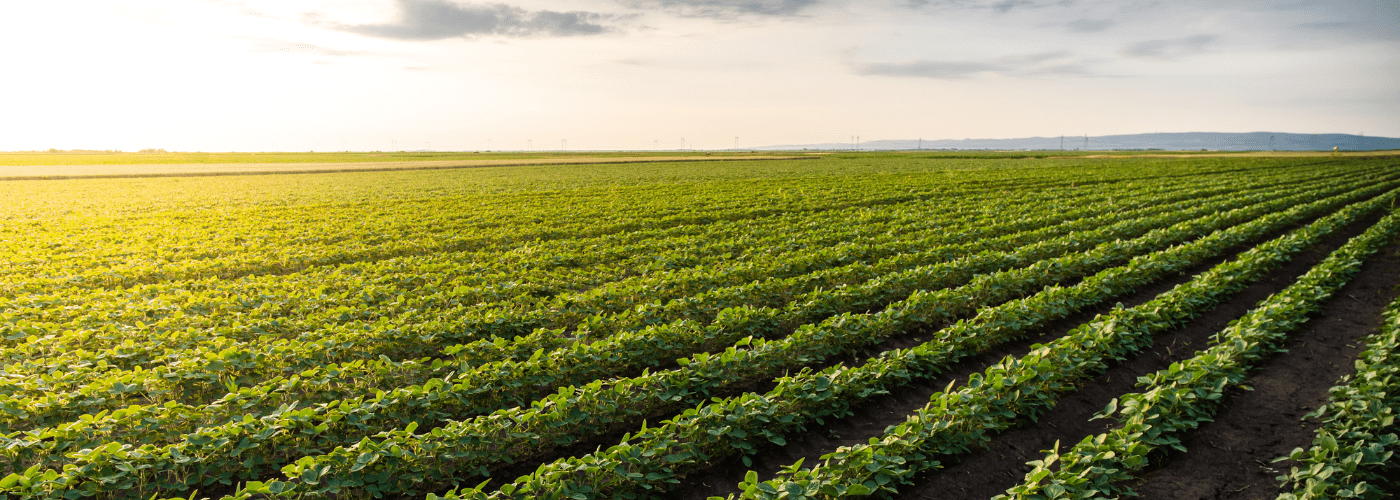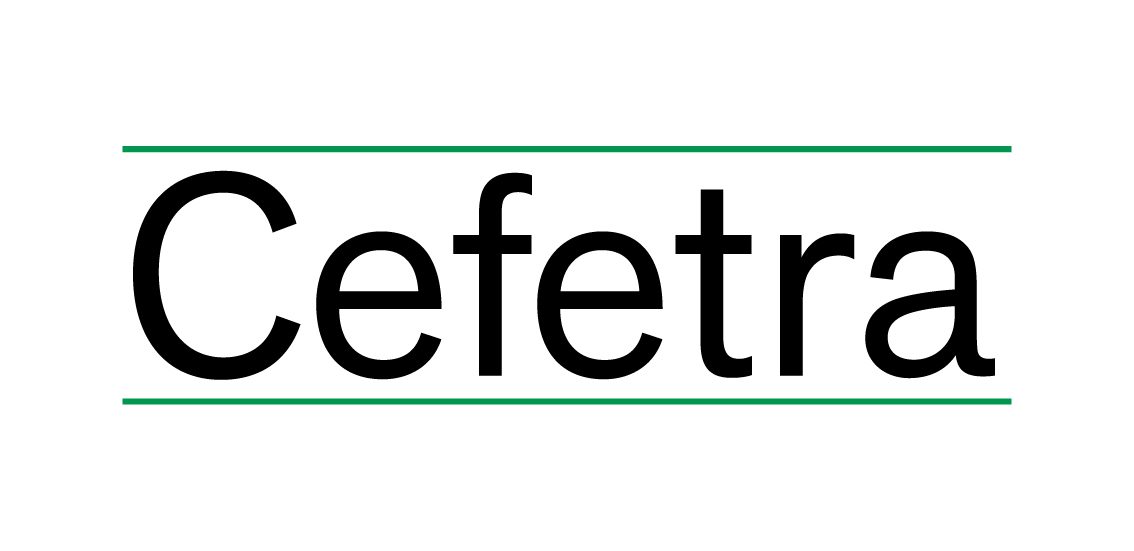
13 Oct Cefetra Strengthens Commitment to Deforestation- and Conversion-Free Supply Chains by 2030
13 October 2025
Cefetra, a trusted supplier of agricultural raw materials to the feed, food, and fuel industries for over 120 years, stands firmly committed to preserving our planet. Our mission is simple: to ensure that our products become more sustainable, free from deforestation and land conversion, allowing our precious forests and ecosystems to continue to thrive.
Since 1999, global soya production has increased by nearly 25 percent, due in part to the rise in world population. This growth in demand is being met by a combination of increased productivity in existing planting regions, together with the expansion of cultivation areas.
This intensified cultivation and expansion of agricultural frontiers may cause social and ecological disturbances such as deforestation, water contamination, soil erosion, as well as, in some cases, social conflicts.
Therefore, it is paramount that soy production is performed in a responsible manner. Stakeholders, in and around the food chain, increasingly expect credible evidence that materials are produced under sustainable conditions. However, it is important that actors in the supply chain agree on a clear framework of principles & criteria and communicate in a consistent language when it comes to methods, procedures and progress to ensure a common approach regarding sustainable soya.
Being an important supply chain manager in the soy supply chain, Cefetra embraced its role as a frontrunner in facilitating this process. Cefetra chose to collaborate with partners in the supply chain, willing to accept responsibility for creating a healthy balance between people, planet and profit, thus guaranteeing sustainable raw material flows.
Cefetra promotes the use of responsibly cultivated soybeans through the certification of farmers in originating areas enabling the import of responsible soybean (and all its derivatives, like meal, hulls etc) into Europe to become mainstream. This is done in several ways leading to a broad variety of offerings for our customers, depending on their needs and demands.
Since 2008, Cefetra has offered deforestation and conversion-free (DCF) products. Our strategy is to empower local farmers to cultivate crops sustainably via our CRS program. By certifying farmers and facilitating the sale of their DCF products through certificates, we foster a cycle of sustainability.
Cefetra currently offers:
- since 2024, verified deforestation free soy via the mass balance supply chain model.
- verified Deforestation and Conversion Free soy with a cut-of date of December 2025
- Certified (area) mass balance soy together with its supply partners, guaranteeing that sustainable production is linked to our physical flow, while maintaining an already optimized and efficient supply chain. The vast majority of our supply is verified Deforestation and Conversion Free up to and including the crushing plant.
- Traceable, segregated, deforestation and conversion free non genetically modified soy with a cut-off date of 31 December 2008 certified according to ProTerra
- CRS and RTRS soy certificates.
Cefetra aims to eliminate deforestation and conversion across their UK and EU soy supply chains by 2030. To reach this, Cefetra is committed to achieving deforestation free soy supply chains in South America by January 2026 with a minimum cut-off date of 31 December 2020. In addition, Cefetra is committed to achieving deforestation free palm supply chains by January 2026 with a cut-off date of 31 December 2020 – both in line with EUDR implementation.
In addition, Cefetra offers verified carbon footprint calculations with a lower carbon footprint than the default applicable for Brazil and Argentina. Our in-house developed and independently verified LCA calculation tool enables Cefetra to offer supply chain specific emission calculations based on primary and secondary data. With these calculations, Cefetra is actively seeking long-term cooperation with supply chain partners to jointly develop measures with the aim of reducing emissions in their supply chains.




Sorry, the comment form is closed at this time.